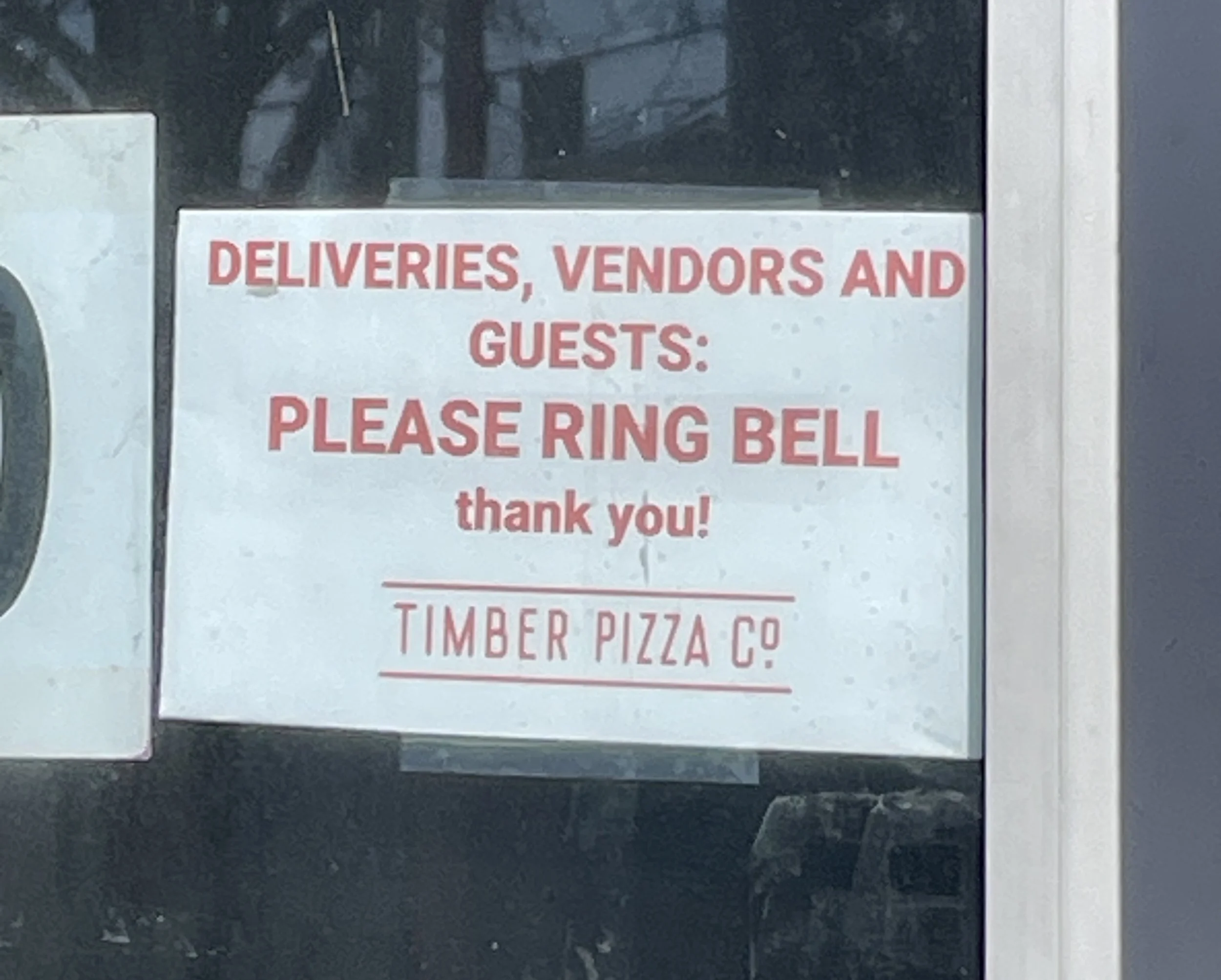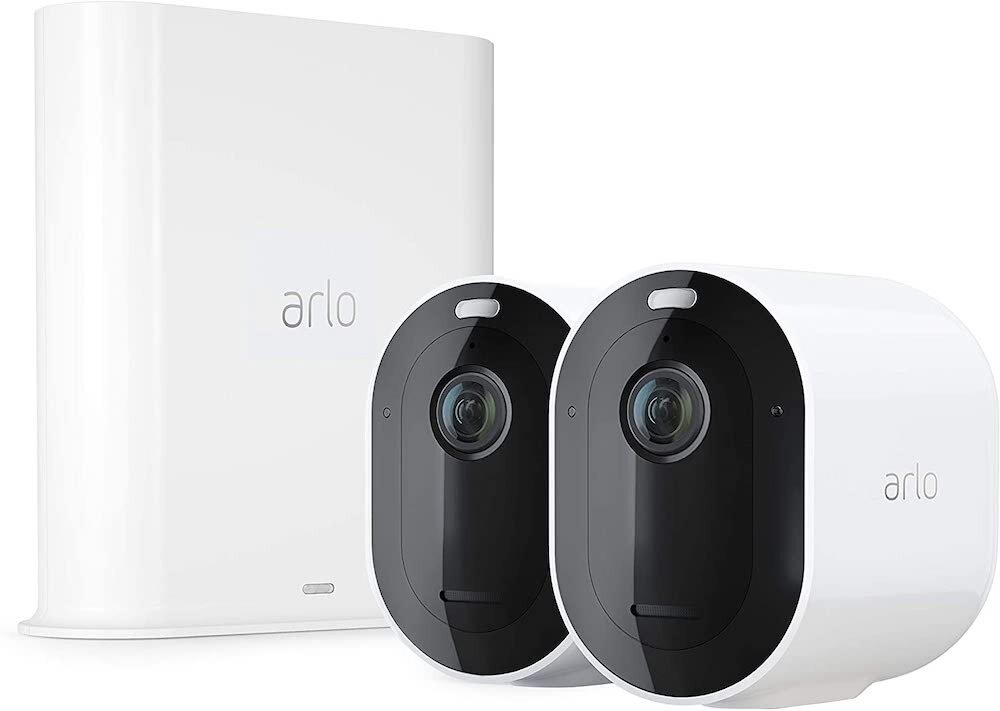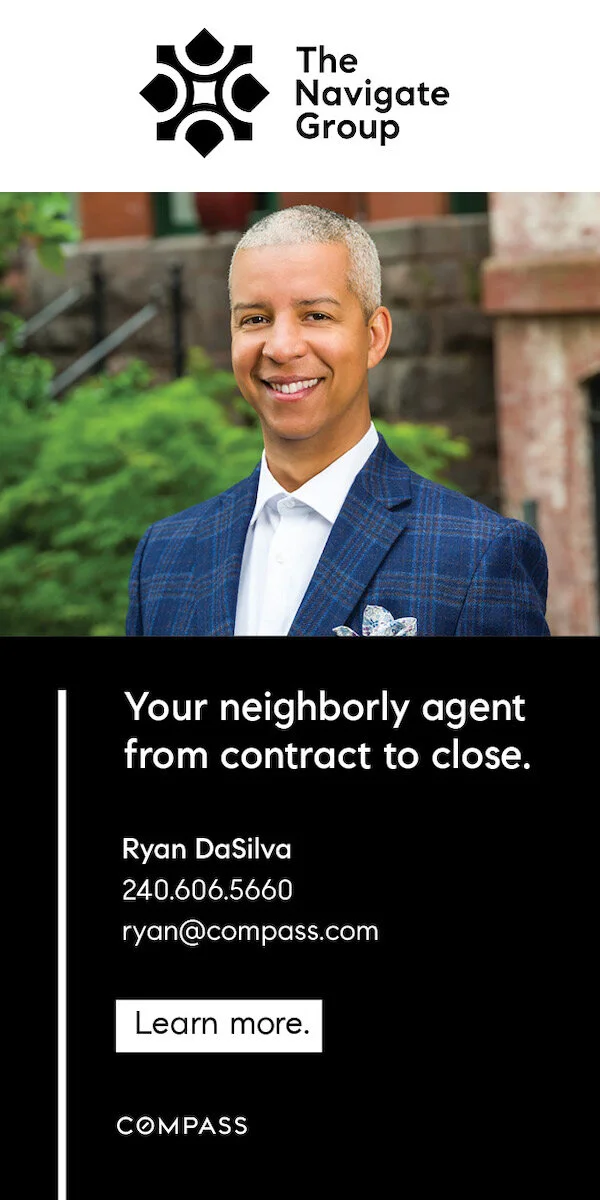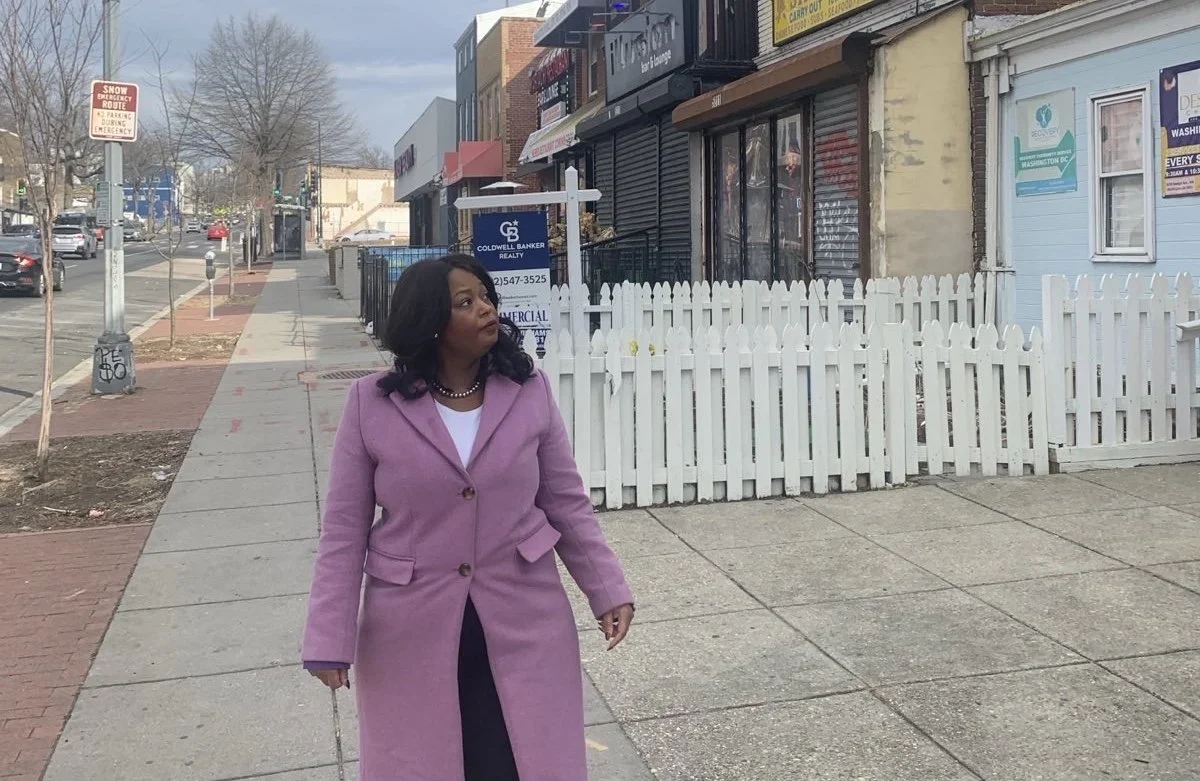A look at Robert White's campaign positions
/I asked each candidate to fill out a questionnaire, the answers to which I would publish on the site. Below are the answers to a few prepared questions.
Read the full in-person interview with Robert White >
Robert White is running for one of the two At-Large Council seats in the District of Columbia. A resident of Brightwood Park, he's lived in Ward 4 for five years with his wife, Christy, and dog Roscoe.
You can find Robert's campaign online:
- Facebook.com/RobertWhiteAtLarge
- RobertWhiteAtLarge.com
- Twitter: @RobertWhite_DC
What is your current profession?
Attorney. Most recently Outreach Director for Attorney General Karl Racine.
Please briefly describe why you are running in this election cycle for the At-Large Councilmember seat?
I believe that there are two DCs: one that is prospering and one that is continuing to be left behind. And many of those people being left behind also feel like they are being pushed out. I am running to pull these two DCs together and make sure that all the people in our city have opportunities to participate and be included in the economic growth in the District.
Provide a quick overview of your professional and/or personal background and experience, including volunteer work, activism, and what you have done to help residents that qualifies you as a great choice for Council.
(photo courtesy of the candidate)
After graduating from American University Law School, Robert started as a law clerk in Montgomery County District Court. Next Robert was Legislative Counsel to Delegate Eleanor Holmes Norton, DC’s representative in Congress. Robert served as the lead staffer on Congressional oversight hearings related to the District. He drafted legislation to loosen Congress’ grip on DC government as well as legislation that continues to bring the District new money and more jobs.
During Robert’s 2014 campaign, he garnered endorsements from The Washington Post, The Current, Council Members Kenyan McDuffie, Yvette Alexander, David Grosso, and several former Members, Labor Unions, and business associations. Robert earned over 22,000 votes.
After the Election, Robert was selected by Attorney General Karl Racine to serve as the first Director of Community Outreach for OAG. Robert developed the blueprint for community engagement with a focus on increasing public safety, protecting seniors against scam-artists, and supporting at-risk youth.
In brief, what are your Legislative Priorities?
Affordable Housing, Schools and Kids (including wrap-around services), Job Training especially providing better oversight to keep tens of millions in federal funds from being pulled out, and Community Safety. I also strongly support universal childcare, universal pre-k, and transportation improvements including additional busing options and bus only lanes and bikes.
Share your position on Education issues in DC.
While the District has made improvements, too many children are not getting the kind of education they need as a foundation for higher education and career-track employment, not just a lifetime of hourly work.
Many of the challenges we face are systemic. While students are under the care of teachers, administrators, and staff during school hours, they face daunting challenges outside of their school buildings. If we are serious about improvements in education, we must work on the supplemental wrap-around services and community-building programs needed by families to create real stability in the home. If working families are pushed too far over the edge, creating additional stresses at home, then very little instruction given by teachers in the classroom will sink in.
I believe that we need a two-track strategy that supports the student and the student’s family. This is a path that leads to progress in our underperforming schools.
Share your position on Transportation issues in DC.
Our city is growing, and our transportation system has not kept pace. We all know that the Congress has been negligent in funding Metro, which is the primary mode of transportation for federal government employees, though that obviousness is lost on Congress.
Because we can’t count on Congress to do what is right and support Metro (implying the trains), we need to improve the quality and flow of other modes of transportation. We need to greatly expand bus routes, particularly to move people from more isolated areas of the city to key corridors – existing and those yet to be developed – where people can work, shop, or go to school. This will require “Bus Only” lanes. We also need to increase bikes lanes. Forms of transportation that promote good health should be a part of the big plan.
Kennedy Street is a great example of an underused corridor and a connection point for different parts of the city.
What do you think are the biggest issues facing DC regarding Crime and Public Safety? What are you solutions to help fix these issues?
We’ve heard a lot of opinions about what has been causing the increases in crime, and I believe that an explanation by the people in charge is long overdue. If the white shirts cannot identify the problem and suggest better solutions, then I think it’s time to replace people in leadership.
Here is what I would like to see: more beat cops that develop relationships in the community they are patrolling. While this seems obvious, it isn’t done enough. People of every color want to be safe in their community, and cops on the street will help. It also requires that people work together to build trust. One more thing required is training so that our police officers can communicate effectively and demonstrate that they are there to provide a backstop for safety.
Do you think the current focus on affordable housing in DC is correct? How would you balance affordable housing with the increased rent and home prices?
Yes, Affordable Housing is a significant issue we face. I am the only member of my family who does not make an hourly wage, and as a result, I am the only member of my family that can afford to live in the District. That’s not right.
I support the following:
- maintain the current stock of affordable housing units and keep buildings in good condition;
- enforce affordable housing requirements in new construction instead of handing-out waivers like lollipops;
- open development to new construction companies that special in affordable housing and provide incentives where they are needed – not to Wal-Mart. These new players want more transparency in the Wilson Building, which many think requires a pay-to-play process for building in the District;
- rezone under-utilized commercial and business corridors for new housing. I believe that this will make the District accessible to people at every income level.
What is your opinion of "pop-backs"? (Whereby homeowners or developers are extending the rear portion of homes by ten feet or more.)
I view pop-backs and pop-ups differently, and since your question addressed, pop-backs, then I will address them alone. First, I believe that neighborhood associations should have input from the local community and the view of the people in the neighborhoods should be respected. Second, I support pop-backs over pop-ups.
Do you believe DC government and existing regulations (DCRA, Zoning Commission, etc.) favors homeowners / residents more, less or equal to for-profit developers? Is there enough residential availability in DC for the expected growth over the next 20 years?
DC government regulations certainly do not favor residents. Vacant and blighted properties continue to bring crime, rodents and eyesores to our neighborhoods. DCRA regulations allow developers to let vacant properties sit for years, at the expense of communities. Developers can simply get construction permits, do no work, and wait for the market to strengthen. Meanwhile, the vacant and blighted properties pull down residents’ property value and neighborhood character. Residents also continue to suffer from crooked contractors doing damage to their homes and neighboring homes. All of us desperately need DCRA to operate efficiently and effectively, but neighborhoods are at a severe disadvantage.
We do not have enough residential availability in DC for our expected growth, and the zoning commission is in the best position to do something about it. Re-zoning underperforming corridors, like Georgia Avenue, to permit residential on top of the single-story commercial uses (mostly liquor stores and carry outs), and converting older downtown office buildings into residential buildings would give us more housing and help curb the availability and cost of housing.
How would you define gentrification? Do you believe Ward 4 and in particular, the Petworth, Brightwood and Shepherd Park neighborhoods, are experiencing gentrification?
Gentrification is when wealthier people move to an area, resulting in increased housing costs. The entire city is experiencing gentrification.
Do you think the residents of Petworth, Brightwood and Shepherd Park neighborhoods are positively or negatively affected by gentrification, or no impact at all?
There are both positive and negative impacts of gentrification in Petworth, Brightwood Park, Brightwood, and Shepherd Park. The biggest negative is that housing costs have skyrocketed, pushing so many long-time residents out of neighborhoods. The biggest positive impact is that new families have moved to our neighborhoods to stay and raise their families. It’s wonderful that DC has become less transient and young families are making DC their home for good.
I founded the Brightwood Park Citizens Association nearly four years ago because I noticed that there were so many new and long-time residents in the neighborhood, but not enough interaction and cooperation to improve our neighborhood together.
I ask for your support and your vote.
I appreciate the time that Robert White spent speaking with me and answering questions. Be sure to check out the in-person interview with Robert. If you have questions for the candidate, feel free to post them below or contact the campaign directly. As a reminder, Petworth News is not endorsing a candidate, only offering interviews and overviews of their campaign positions.



















